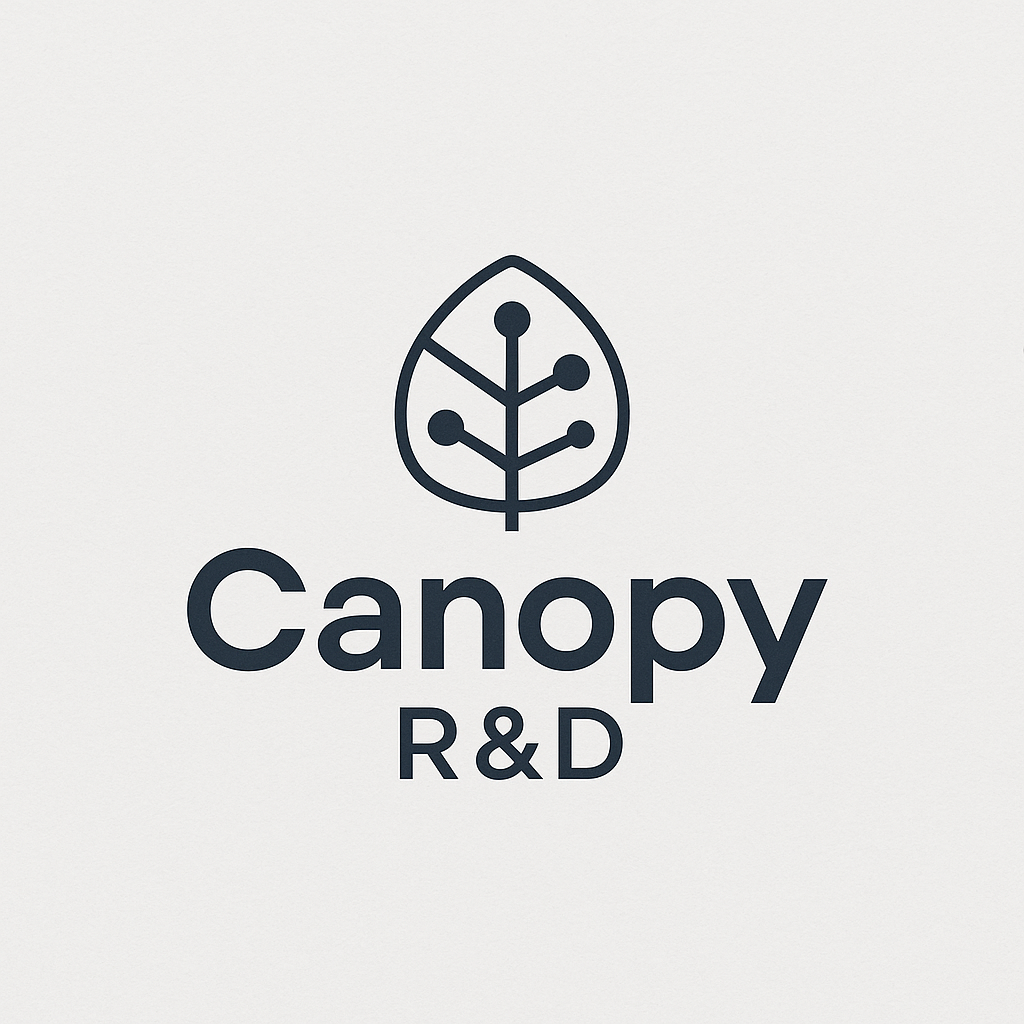Making the most of AI Pt 2.
In my view, AI may change but won’t replace your job. But if you don’t adopt and adapt, a competitor who deploys AI tools faster and more effectively may very well take your customers and business. The question is-how quickly can you make it practical, safe, and valuable?
This week I’ve been to two events focused on show-casing use of AI in business. The discussions were wide-ranging; from early success stories and demonstrations of potential to valid concerns about linking to existing data infrastructure, data-security and the sustainability concerns over energy use and the impact of data centres.
What struck me most was that whilst some people and organisations are rapidly and successfully implementing AI, others are still cautious, unclear or sceptical. Slow adopters risk not only missing out on opportunities but also being left behind by competitors who implement AI faster and more effectively.
Companies that treat AI implementation as just another expensive IT investment or cautiously test it only on simple process automation are going to be slow to unlock the full transformative potential.
It’s a time for creativity and experimentation. Business functions need to recognise where AI can help them, and to start exploring. The right approach is to:
· Begin with clear business challenges
· Understand the potential of new tools and the appropriate ones to use
· Test them directly against those challenges
The speed of AI development and the fact you can now use AI to write code for you means access is key whilst skills can be quickly learnt. Give employees safe environments to experiment and create solutions and the best results will come from harnessing their imagination. AI won’t be the right answer to every problem, but as a tool to boost creativity, spark ideas, and accelerate delivery, it’s already indispensable.
In the world of R&D and innovation, imagine if every project started with access to the accumulated insights of everything tried before:
no knowledge attrition,
no dusty report libraries,
no reinventing the wheel or repeating past mistakes,
no functional silos or fragmented information.
That’s not how most organisations work today. Existing data and innovation systems are designed as systems of record or for regulatory compliance. They rarely make it easy for project teams to review past learnings, share insights across functions, or tap into the tacit knowledge built up over years of experience.
And yet this accumulated knowledge should be one of the most valuable assets a business has. Capturing it, preserving it and making it smartly accessible to your teams will equip them to do the best job possible supported by the accumulated wisdom of the organisation
At Canopy, we’re developing Canopy Core as a new framework for capturing knowledge, past and present, so every project can start from a stronger base of insight.
The goal:
Dynamic synthesis of company knowledge, easy to access and easy to add to.
Built into existing ways of working.
Faster, more effective, more efficient projects.
Teams who can build on what’s been tried before, not repeat it.
A way to unlock the collective intelligence of your organisation.
It’s about empowering teams and continuously building on accumulated learning.
💡 If you’re considering how to make AI practical in your organisation especially in R&D and innovation, I’d be happy to discuss further.
